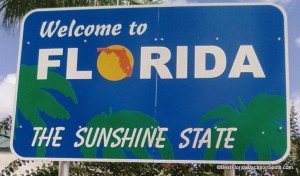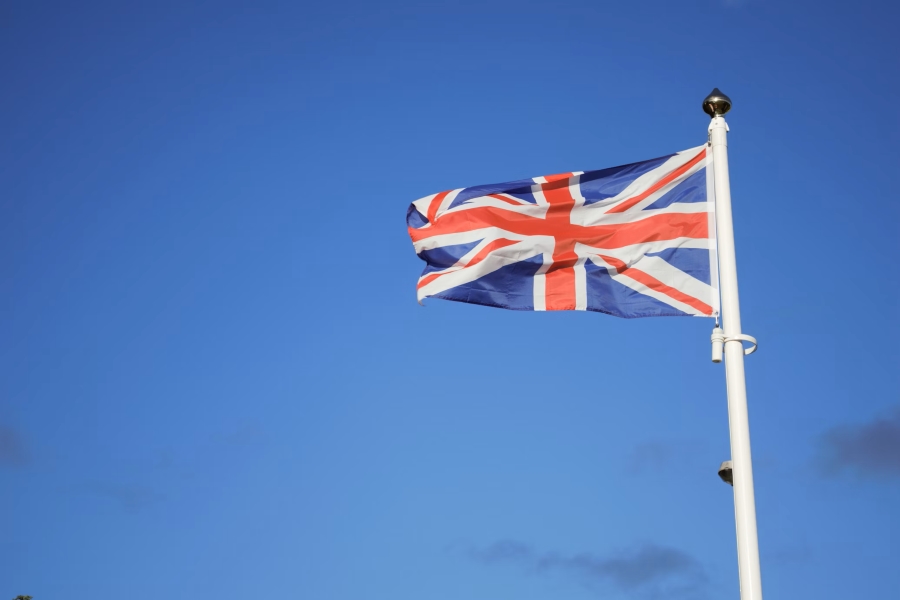US Supreme Court To Consider Hearing Florida Sports Betting Battle
Share This Tags The United States Supreme Court regarding the Florida sports betting case is set to determine whether it will hear the case involving West Flagler Associates v. Department of the Interior, a pivotal matter that could reshape the state’s sports wagering framework.
The United States Supreme Court regarding the Florida sports betting case is set to determine whether it will hear the case involving West Flagler Associates v. Department of the Interior, a pivotal matter that could reshape the state’s sports wagering framework.
At the heart of the dispute lies the Seminole Tribe of Florida’s exclusive authority to offer sports betting within the state’s borders. This arrangement, formalized through a gaming compact negotiated with Governor Ron DeSantis in 2021, grants the tribe a virtual monopoly over the lucrative sports betting market in the Sunshine State.
The tribe’s innovative model allows for online sports betting, enabling bettors to place wagers from anywhere in Florida through their mobile devices and computers, with the wagers being processed via servers located on tribal lands. This approach has drawn scrutiny from West Flagler, a prominent entity seeking to challenge the tribe’s monopolistic control.
West Flagler, a determined challenger, has consistently argued that the gaming compact’s provisions conflict with the D.C. Circuit’s interpretation, which states that the compact should not authorize any off-reservation gambling activities. This contention strikes at the core of the tribe’s ability to offer statewide online sports betting.
Despite a previous setback when the Florida Supreme Court denied West Flagler’s petition challenging the state’s gaming compact, including sports wagering provisions, the entity remains undeterred in its pursuit of equal footing within the market.
The Supreme Court’s forthcoming decision on whether to hear the Florida sports betting case carries profound implications for the state’s gaming landscape and potentially broader ramifications for the interpretation of federal laws governing tribal gaming operations.
Gaming legal expert John Holden acknowledged the low odds of the Supreme Court electing to hear the case, as the court typically hears fewer than 2% of the petitions it receives annually. However, Holden also highlighted the court’s recent willingness to revisit long-standing precedents, suggesting a potential openness to addressing the nuances surrounding the Indian Gaming Regulatory Act and the Unlawful Internet Gambling Enforcement Act.
One intriguing aspect of West Flagler’s approach is its emphasis on the equal protection argument, a concept that has garnered attention from Supreme Court Justice Brett Kavanaugh. The entity contends that the Department of the Interior’s stance dismissing equal protection concerns may not align with Kavanaugh’s particular interpretation of the principle.
Holden astutely observed that the current Supreme Court composition might be less averse than previous iterations to addressing long-standing precedents. While the odds remain slim, the potential for the court to delve into the equal protection implications of a statute nearing its 40th anniversary cannot be entirely discounted.
Amidst the ongoing legal battle, the Seminole Tribe has forged ahead with its sports betting endeavours. In November 2023, the tribe relaunched its online sports betting platform, Hard Rock Bet, enabling bettors to place wagers from across Florida. A month later, in-person sports betting commenced at six Seminole-owned casinos, further solidifying the tribe’s foothold in the market.
Notably, Hard Rock CEO Jim Allen has acknowledged the possibility of an unfavourable outcome at the Supreme Court level, underscoring the tribe’s preparedness to adapt to potential shifts in the legal landscape.
While the Supreme Court’s decision to hear the case remains uncertain, legal experts have offered their insights into the potential outcomes. Holden, for instance, characterized the odds of the court accepting the case as “very low,” citing the highly selective nature of the court’s docket.
However, he also cautioned against dismissing the possibility entirely, particularly given the court’s recent willingness to revisit long-standing precedents and the unique perspectives of certain justices on issues of equal protection.
Should the Supreme Court opt to hear the case and subsequently rule in favor of West Flagler, the ramifications could extend far beyond the boundaries of Florida. Such a decision could potentially reshape the interpretation of federal laws governing tribal gaming operations, setting a precedent that could influence the sports betting landscape across multiple states.
Conversely, a ruling upholding the Seminole Tribe’s current framework could solidify the tribe’s position and provide legal clarity for other tribes seeking to establish similar online sports betting models within their respective jurisdictions.
Throughout the legal proceedings, the Seminole Tribe has remained steadfast in its defense of the gaming compact’s legality. The tribe’s legal team has consistently maintained that the compact adheres to federal laws and regulations, asserting its right to offer statewide online sports betting as a sovereign entity.
This unwavering stance underscores the tribe’s commitment to protecting its economic interests and preserving its autonomy in the realm of gaming operations, a domain that has historically been a source of revenue and self-determination for many Native American tribes.



 2024-06-18
2024-06-18














